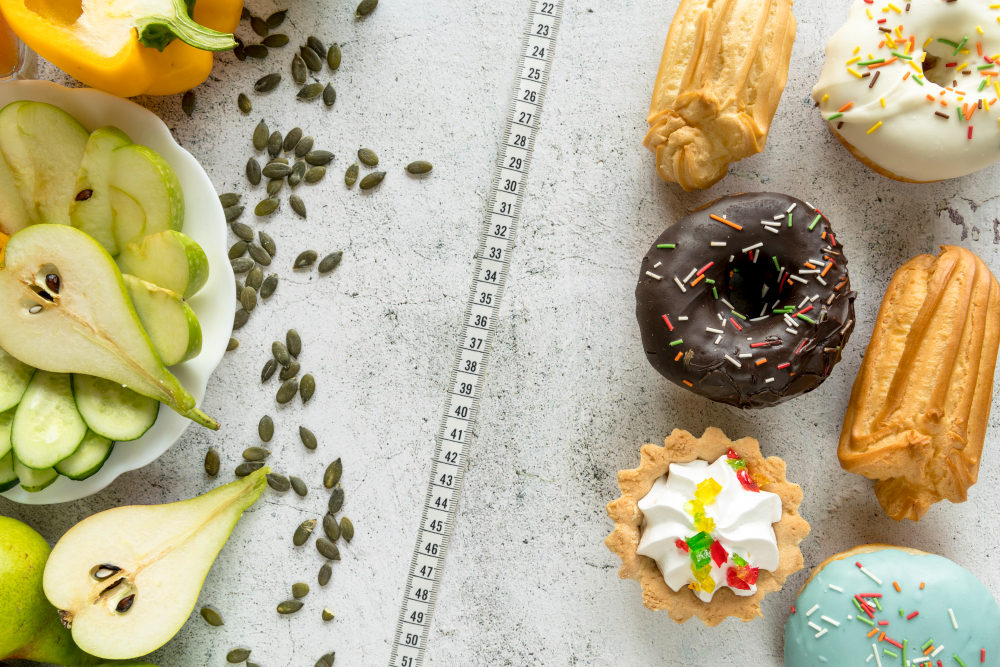When it comes to foods with minimal caloric content, options that boast zero calories are often sought after by individuals looking to manage their weight or adhere to strict dietary regimens. While true zero-calorie foods are rare, there are several options that come close, providing minimal energy while offering essential nutrients, hydration, and satiety. In this article, we’ll delve into some foods that are commonly considered to have zero calories, exploring their nutritional profiles, benefits, and practical uses in a balanced diet.
Nature’s Nutrient Powerhouses
Leafy greens such as lettuce, spinach, kale, arugula, and Swiss chard are renowned for their minimal caloric content and high nutrient density. These vegetables are packed with vitamins, minerals, fiber, and antioxidants while providing very few calories per serving. Incorporating leafy greens into salads, sandwiches, wraps, smoothies, and stir-fries adds volume and texture to meals without significantly impacting calorie intake, making them ideal for weight management and overall health.
Crisp and Refreshing Hydration
Cucumbers are composed of over 95% water, making them an excellent hydrating snack with minimal caloric impact. With only a handful of calories per serving, cucumbers are a refreshing addition to salads, sandwiches, and crudité platters. Their crunchy texture and mild flavor make them versatile for use in various culinary applications, while their high water content helps promote hydration and satiety, making them a favorite among health-conscious individuals.
Crunchy, Low-Calorie Snacking
Celery is often touted as a zero-calorie food due to its minimal caloric content and high water content. With just a few calories per stalk, celery is a popular choice for snacking, especially when paired with nut butter, hummus, or cottage cheese for added flavor and protein. Its crisp texture and mild taste make it a versatile ingredient in salads, soups, stews, and vegetable trays, providing fiber, vitamins, and minerals with minimal impact on calorie intake.
Versatile and Low in Calories
Zucchini, also known as courgette, is a versatile summer squash prized for its mild flavor and tender texture. With only a few calories per serving, zucchini is an excellent addition to soups, stews, stir-fries, and grilled dishes. It can also be spiralized into “zoodles” as a low-calorie alternative to pasta or used to add moisture and texture to baked goods such as muffins and bread. Zucchini is rich in water, fiber, vitamins, and minerals, making it a nutritious choice for calorie-conscious individuals.
Juicy and Refreshing Indulgence
Watermelon is a beloved summertime fruit celebrated for its sweet, juicy flesh and high water content. Despite its natural sweetness, watermelon is surprisingly low in calories, making it a guilt-free treat for those watching their calorie intake. Enjoyed on its own or incorporated into fruit salads, smoothies, and desserts, watermelon provides hydration, vitamins, minerals, and antioxidants while satisfying cravings for something sweet and refreshing.
Navigating the World of Zero-Calorie Foods
In conclusion, while true zero-calorie foods are rare, there are several options available that provide minimal caloric content while offering valuable nutrients, hydration, and satiety. Leafy greens, cucumbers, celery, zucchini, and watermelon are just a few examples of foods commonly considered to have zero calories. By incorporating these foods into a balanced diet, individuals can enjoy satisfying meals and snacks while supporting their health and weight management goals. Remember to focus on variety, moderation, and overall dietary patterns for optimal nutrition and well-being.




